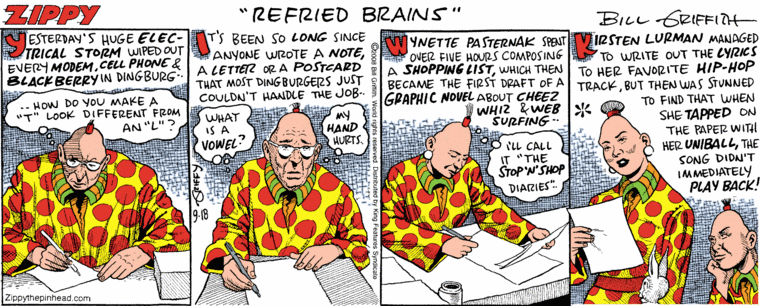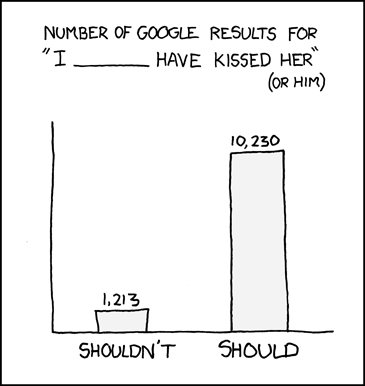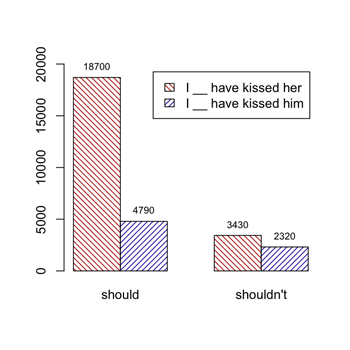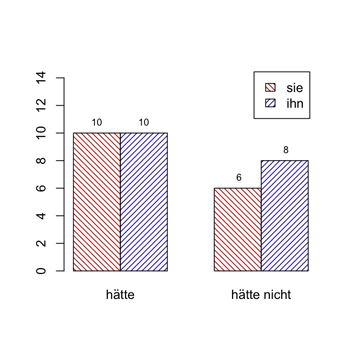McCain falls down on Spain
There's been a great deal of discussion recently about Senator John McCain's position on Spain. In an interview with Radio Caracol of Miami, he engaged in a puzzling back-and-forth on the question of whether he would be willing to host the leader of the Spanish government at the White House, or perhaps even talk with him. I think that Josh Marshall's analysis is right:
Through some mixture of confusion and inability to understand the interviewer's accent, McCain was confused about who he was talking about and decided to wing it, assuming that the person he was being asked about was some other left-wing strong man from Latin America and answering with the standard boilerplate about standing up to America's enemies.
You can listen and come to your own conclusions — I've put a transcript with an audio link up here. My contribution to the discussion is to draw your attention to an aspect of Senator McCain's intonation.
Read the rest of this entry »





